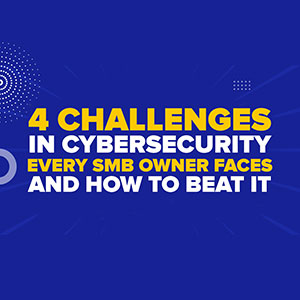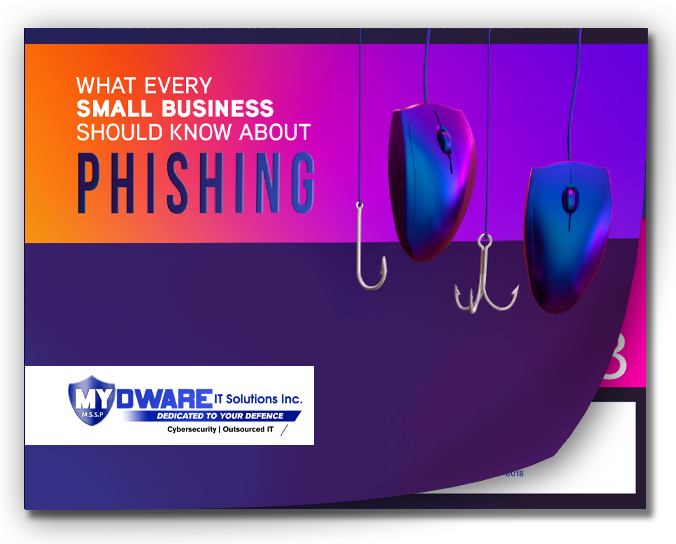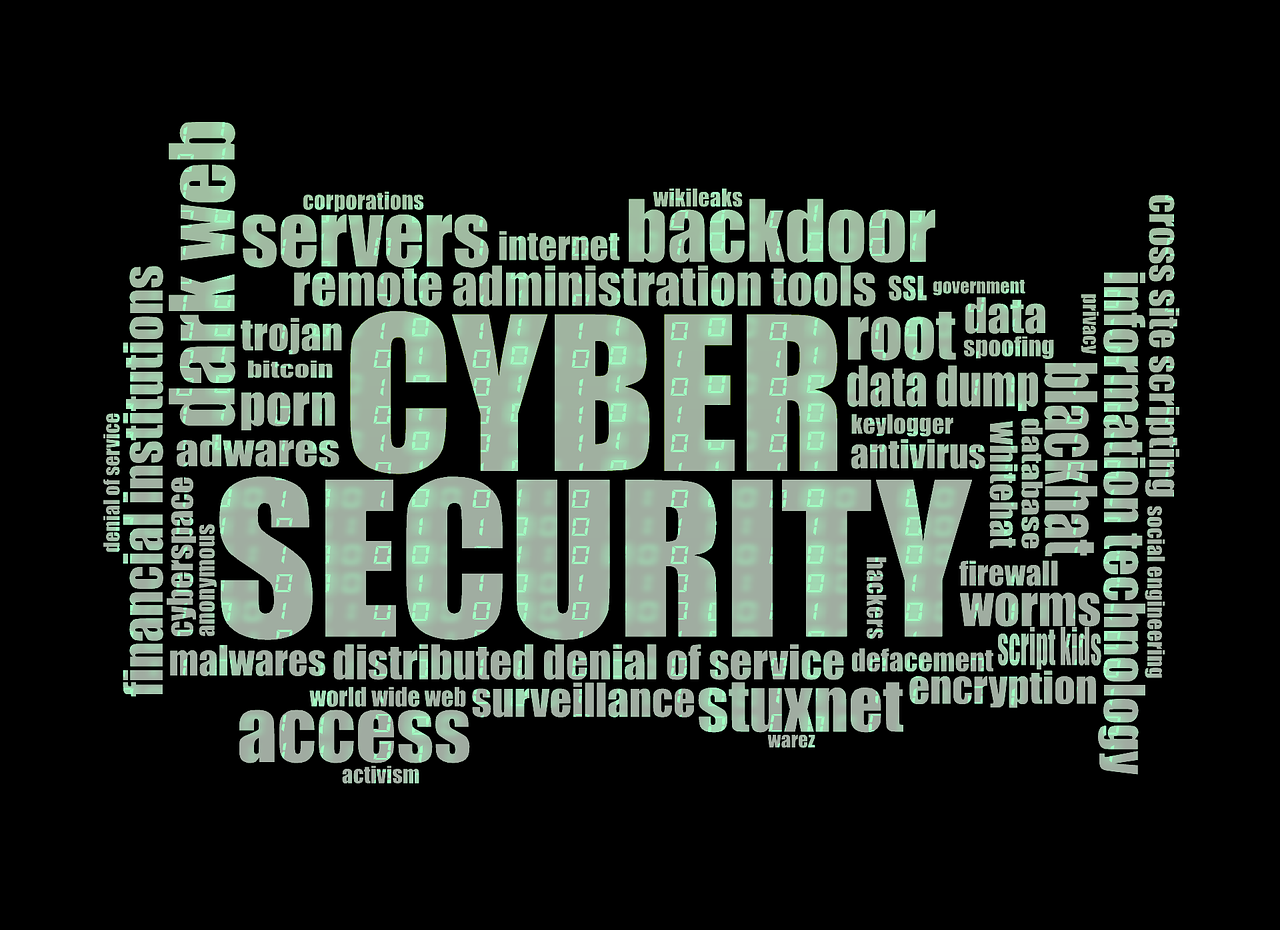 No business is immune to cyber threats. Attack methods are evolving daily, and even a small oversight can expose your business to serious risks. Cyber resilience is no longer just about preventing attacks—it’s about preparing for, responding to, and recovering from them.
No business is immune to cyber threats. Attack methods are evolving daily, and even a small oversight can expose your business to serious risks. Cyber resilience is no longer just about preventing attacks—it’s about preparing for, responding to, and recovering from them.
The first step to securing your business is identifying vulnerabilities before cybercriminals exploit them. Start with a FREE cybersecurity risk assessment to uncover gaps in your security strategy.
Why Cyber Resilience Matters for Every Business
A cyberattack can happen at any time, and without the right protection, businesses risk financial loss, operational downtime, and reputational damage. Here’s why cyber resilience should be a top priority:
1. Protects Your Business from Data Loss
Losing access to critical systems without a backup plan can be catastrophic. Cyber resilience ensures your business can recover quickly and continue operations.
2. Keeps Your Business Running During a Crisis
Downtime means lost revenue and frustrated customers. A strong resilience strategy keeps essential operations running, even during a cyber incident.
3. Safeguards Your Reputation
A data breach can destroy customer trust. Cyber resilience helps you maintain your credibility by proving you take security seriously.
4. Ensures Compliance and Avoiding Legal Risks
Cybersecurity regulations are getting stricter. A resilient business stays compliant and avoids costly penalties.
4 Cyber Resilience Challenges (And How to Overcome Them)
Many businesses struggle to build cyber resilience due to these common challenges. Here’s how to stay ahead of them.
1. The Constantly Changing Cyber Threat Landscape
Hackers are always developing new attack methods, making it difficult for businesses to keep up. Cybercriminals take advantage of outdated systems and weak defenses.
How to stay protected:
- Regularly update software and apply security patches.
- Stay informed about the latest cybersecurity threats and trends.
- Learn why having the right IT strategy is essential in tech planning and budgeting.
2. Limited Cybersecurity Budgets
Many SMBs don’t allocate enough resources for cybersecurity, leaving them vulnerable to attacks. Without a proper budget, businesses can’t invest in essential security tools and training.
How to work within your budget:
- Train employees to be the first line of defense.
- Consider outsourcing to a trusted co-managed IT provider for affordable and effective cybersecurity solutions.
3. Complexity in Managing Security Across the Business
Integrating security into every aspect of the business can be overwhelming, especially without a dedicated IT team. Many business owners struggle to understand cybersecurity frameworks and best practices.
How to simplify cybersecurity:
- Follow established security frameworks like the NIST Cybersecurity Framework.
- Utilize automated security tools to reduce manual workload.
4. Employee Awareness and Insider Threats
Even the best security measures can fail if employees aren’t properly trained. Weak passwords, phishing scams, and unauthorized access create major vulnerabilities.
How to strengthen security awareness:
- Enforce strict password policies and two-factor authentication.
- Train employees on cybersecurity best practices and the risks of ex-staff logins remaining active.
Building a Cyber-Resilient Business Starts Today
Cyber resilience isn’t a one-time fix—it’s an ongoing strategy that requires continuous improvements. The best way to secure your business is by taking proactive steps now.
At MYDWARE IT Solutions Inc., we help business owners in the GTA and Simcoe County strengthen their security with expert IT solutions. Contact us today to discuss your cybersecurity needs and build a resilient business.
Darryl Cresswell
CEO & President
MYDWARE IT Solutions Inc.




